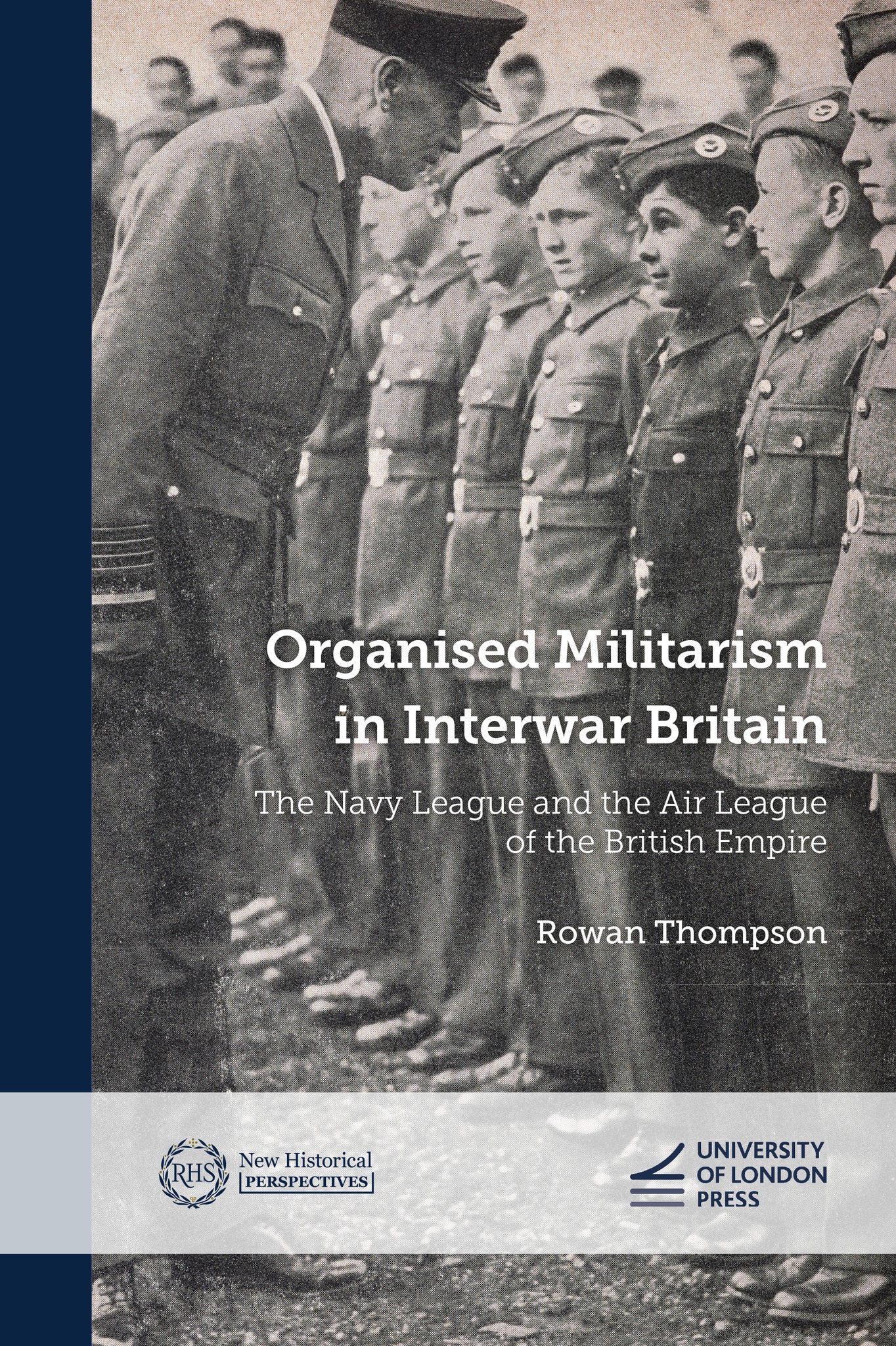We're sorry. An error has occurred
Please cancel or retry.
Organised Militarism in Interwar Britain

While militaristic and patriotic organisations formed an important part of Edwardian political culture, 1918 often marks a terminus for histories of organised militarism in Britain. Taking the end of the First World War as its starting point instead, this book is the first full-length study of militarism and militaristic associational culture in interwar Britain. It argues that militarism was able to survive the 1914–1918 conflict, despite the competing rise of liberal internationalism, pacifism and anti-war sentiment. Focusing on the ideas, aims, and activities of the Navy League and the Air League of the British Empire – two extra-parliamentary organisations established to promote naval and aerial supremacy – the book examines how the Leagues negotiated the trauma of the First World War and how they contributed to the societal and military preparation for a second global conflict as the clouds of war gathered in the late 1930s.
Drawing on extensive archival research, the book explains how these Leagues mobilised broad public and political support and what the story of each organisation tells us about the impact of war on British society and culture, civil-military relations, political and private activism, military theatre and commemoration, youth, and the politics of disarmament, collective security, internationalism, and national defence. In doing so, it demonstrates that martial and militaristic sentiment remained an important part of mainstream British political culture, despite the ravages of war.

HISTORY / Social History, Military history, HISTORY / Military / General, HISTORY / Europe / Great Britain / 20th Century, Military institutions

Rowan Thompson’s richly researched book calls for a major revision of standard understanding of interwar British history. It conclusively demonstrates that British militarism was not killed off in the maelstrom of the Great War but flourished in the interwar period as shown in the continuing activities of and support for the Navy League and the Air League of the British Empire, which propagandised with official support for both strong and modern armed forces.
—David Edgerton, Hans Rausing Professor of the History of Science and Technology and Professor of Modern British History, King's College London, UK.
- Introduction
- 1 The Navy League and the Air League of the British Empire
- 2 Disarmament, collective security and internationalism
- 3 Rearmament, the merchants of death and the preparation for war
- 4 Nation and empire
- 5 Militarism, education and youth
- 6 Trafalgar Day: naval heritage, tradition, and national commemoration
- 7 Empire Air Day: aerial theatre and airmindedness
- Conclusion
- Epilogue: Organised militarism and the Second World War
- Conclusion
- Appendix I: Navy League Executive Committee, c.1918–1939
- Appendix II: Air League Executive Committee, c.1918–1939




